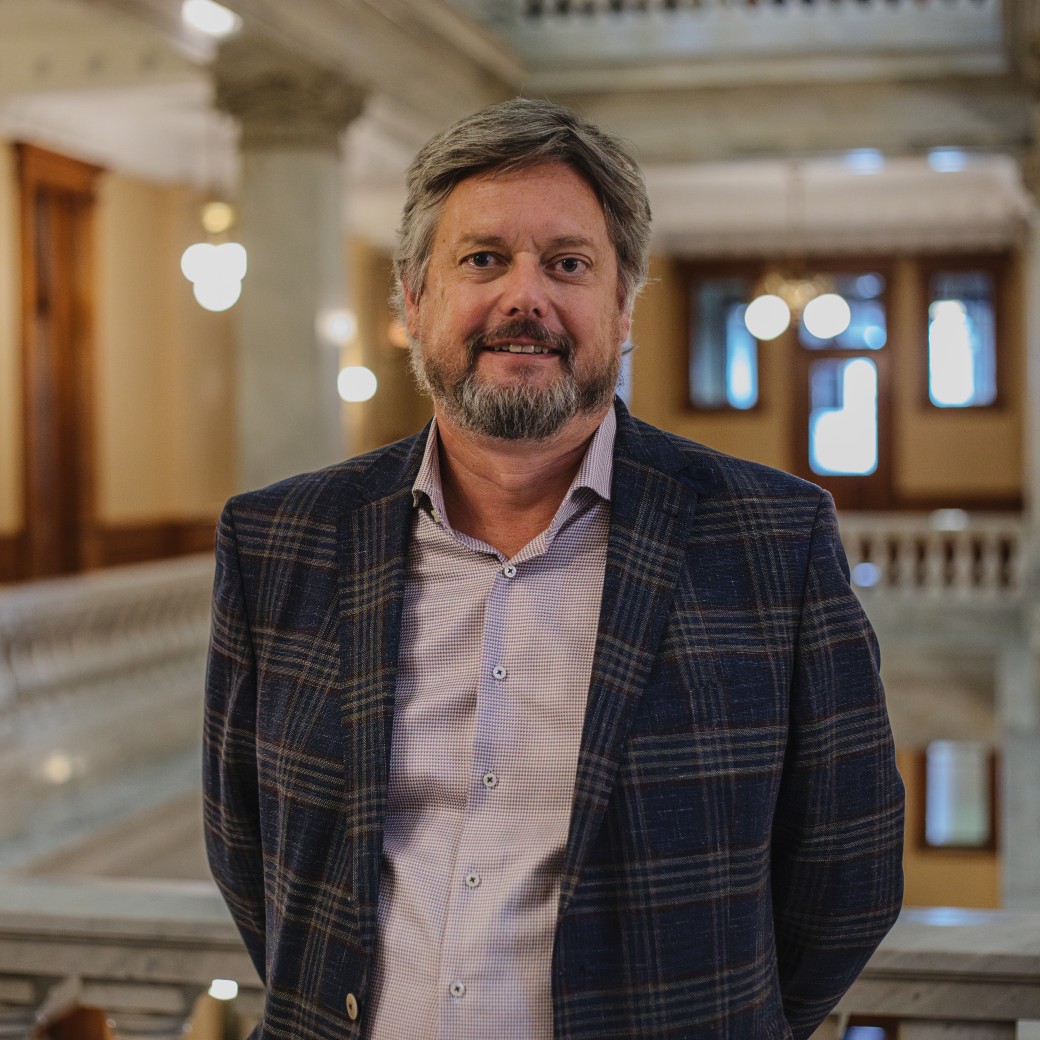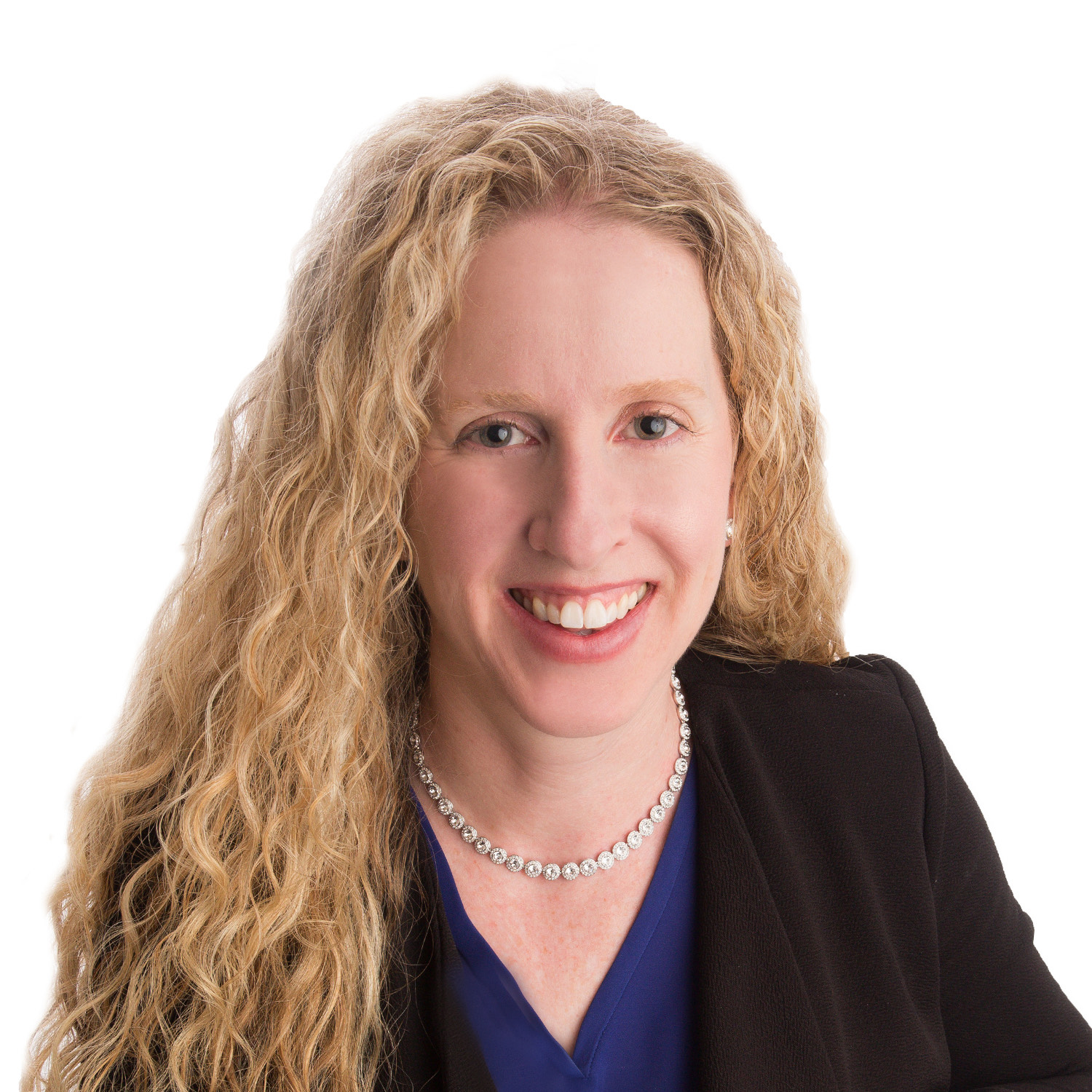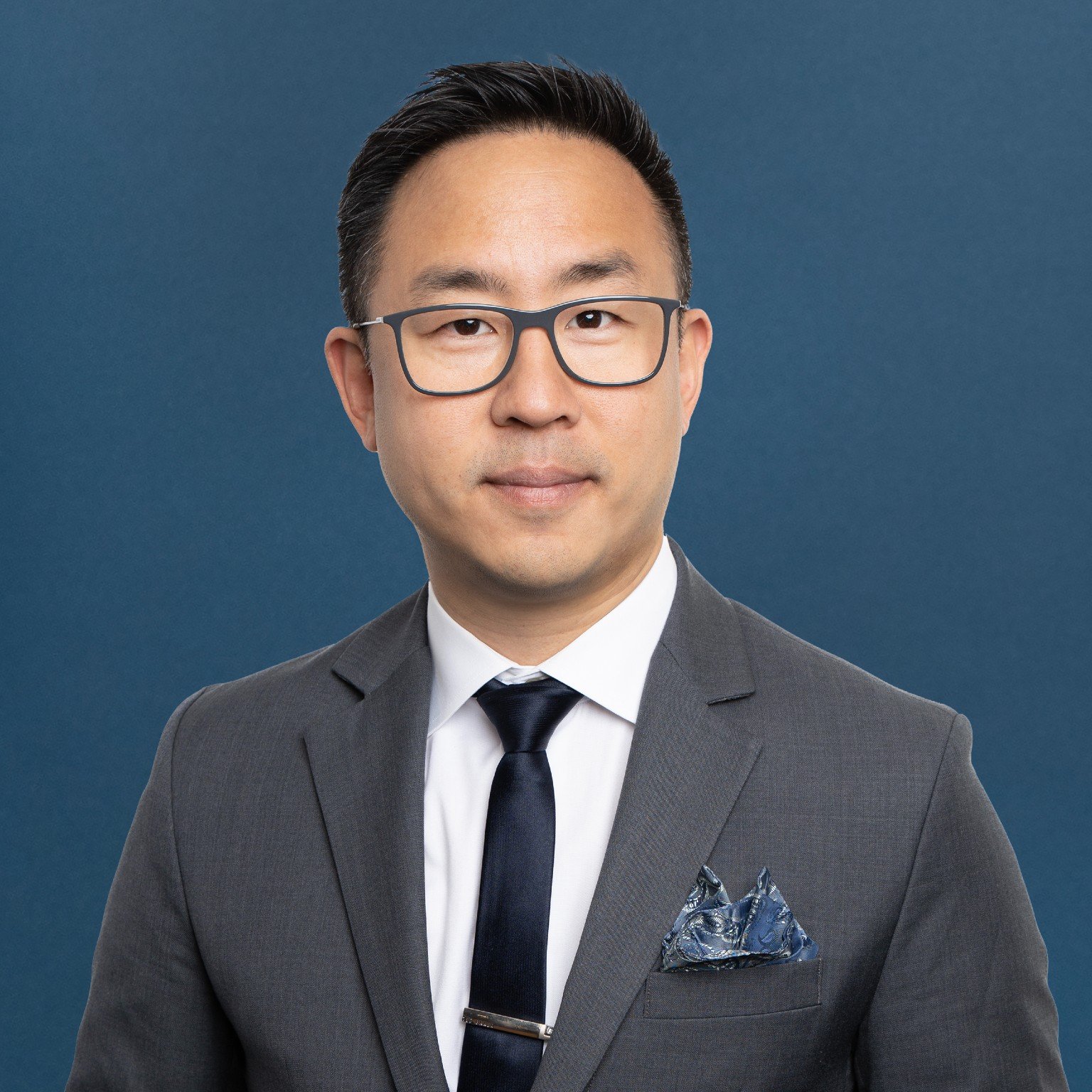More than 20 media outlets heard first-hand reflections from family doctors who closed their practices due to mounting pressures caused by health-system constraints
More family doctors are joining the chorus linking the primary care crisis to the difficult, life-changing decision to close their practices.
This week we held our monthly media briefing which delves into important topics that matter to you, the members, and pushes our advocacy efforts forward.
The set-up is designed to engage – moderated by OMA President Dr. Andrew Park and featuring physician panelists – with media in attendance to hear their thoughts, and expertise and ask questions.
Panelists Drs. Natalie Leahy and Dannica Switzer shared the trials and challenges faced before shutting the doors on their family practices last year to pursue different opportunities in medicine.
Dr. David Barber, chair of the Section on General and Family Practice, reinforced the message that family medicine is under threat and the overwhelm is not sustainable.
The hour-long session addressed topics such as administrative burden to the impact on patient care to government funding and potential solutions to the crisis.
Take a look at what your colleagues had to say:
How are existing pressures impacting family doctors?
Dr. David Barber: The pressures on family medicine are many and they’re really compounding each other, as well, which is making everything worse on the ground for family doctors…the crisis really needs to be solved by the doctors we already have. That’s where the focus needs to be. When doctors aren’t hearing from the government that they’ve got their backs, then the family doctors, they’re just giving up, and that’s why we’re seeing so many leaving.
Dr. Dannica Switzer: If we’re going to change things in the north – particularly in small towns where we have a small group of physicians who are doing everything – we need both immediate measures to retain the practising rural physicians, who have so much experience and play such an integral role. We also need long-term plans. We have decades showing that short-term solutions based on the political cycle are not working. It’s time for much longer-term plans for the north. We cannot recruit our way out of a retention problem.
What is the impact on patients?
Dr. Andrew Park: When you get sick, your family physician acts as your navigator, your quarterback through the system. That is the role that family doctors want to play in terms of supporting their patients and when that doesn’t exist…patients don’t get the care that they need from the beginning of an illness process to the end.
That can have patients feeling alone. That can have them feeling that there’s no one there to protect them or to walk them through that journey. That’s a very vulnerable time for patients. So, it’s incredibly impactful. That’s again only speaking about the illness journey, not the prevention journey, all the things that go into keeping a person healthy. That is the role and the purview of the family physician. It cannot be understated how big it is.
Dr. Natalie Leahy: I had to reduce my clinical hours to accommodate all of the administrative tasks that I was dealing with. I liked working with my patients. That’s what I enjoyed. I enjoyed the clinical work. (But) the administrative tasks led me to (a) third issue, which led me to leave, which was burnout…It was a big decision for me to close (my practice). I can tell you there were a lot of tears shared amongst my patients and myself in those months leading up to my final day, as I was saying goodbye to people that I had cared for, for many years.
How should we move forward with solutions?
Dr. David Barber: The solutions need to be brought forward and worked on by the government with family doctors, not in isolation on either side. We’re keen to work and find these solutions and they do exist.
We talk about team-based care. The reality is that family doctors need people working around them and they need those people to help remove the administrative burden and see these more complex patients. The other thing would be some type of some type of stabilizing funding for doctors on the ground. When you’re in a failed business model. They need to see that. Otherwise, they’re going to keep leaving.
Support amongst panelists was unanimous for the team-based care model and a centralized referral system as opportunities to reduce administrative burden, while freeing up doctors to care for their patients and potentially increase their rosters.
Quotes have been condensed for length.



